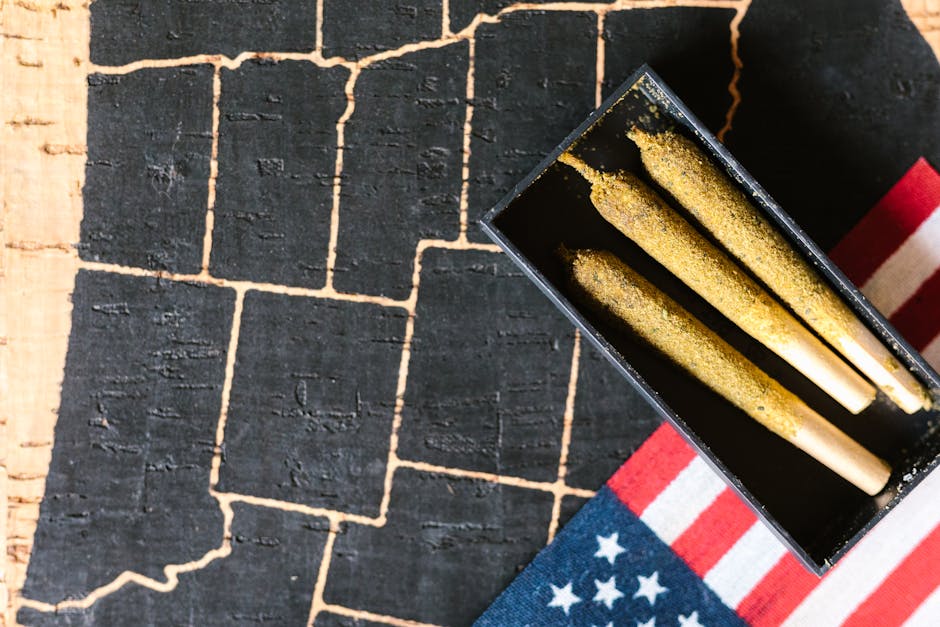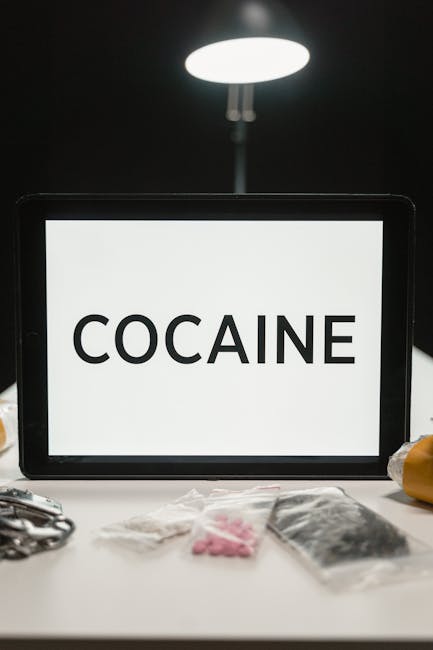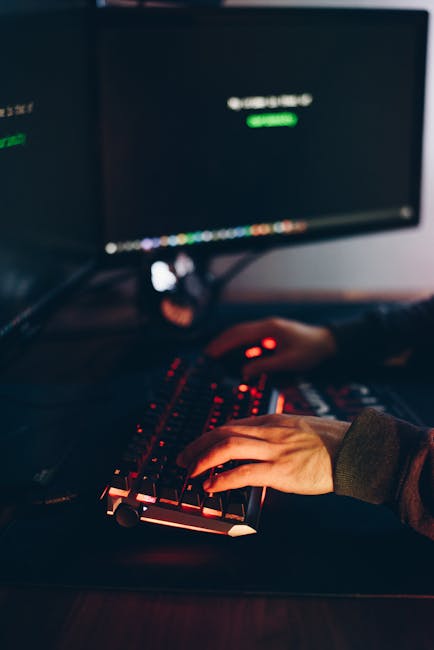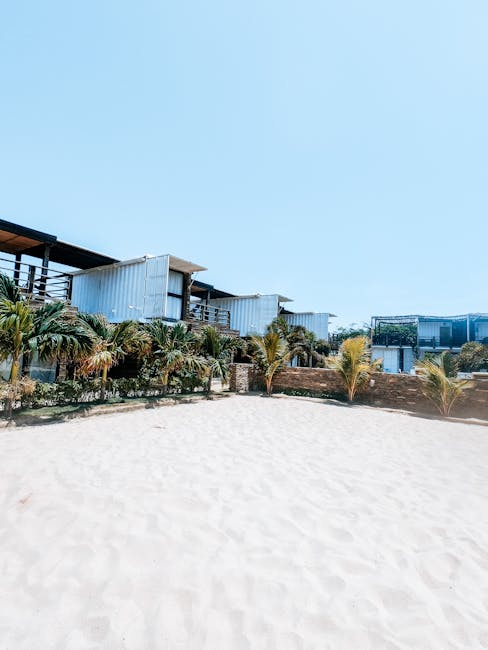Navigating Indonesia’s Complex Drug Laws: A Comprehensive Guide for Travelers and Residents
Understanding Indonesia’s Strict Stance on Drugs
Indonesia has a notoriously strict stance on drug-related offenses, implementing harsh penalties that often shock and surprise foreigners. Unlike many countries where distinctions are made between hard and soft drugs, Indonesia’s laws generally treat all narcotics with equal severity. This comprehensive guide aims to shed light on the complexities of Indonesian drug laws, providing essential information for both residents and travelers.
The Legal Framework: Key Acts and Regulations
The primary legislation governing narcotics in Indonesia is Law Number 35 of 2009 concerning Narcotics. This law outlines the classification of narcotics, the penalties for various offenses, and the legal procedures involved in drug-related cases. The law is comprehensive, covering cultivation, production, distribution, possession, and use of narcotics. It’s crucial to understand that even small amounts of illegal substances can lead to severe consequences.

Types of Narcotics and Penalties
The law classifies narcotics into several categories, each carrying different penalties depending on the amount and type of drug involved. Penalties are determined by various factors, including the type of drug, the quantity involved, whether the offense involved trafficking or personal use, and the individual’s role in the crime.
- Death Penalty: The most severe penalty, reserved for cases involving significant trafficking or offenses involving large quantities of certain drugs. The death penalty is a real possibility, and the Indonesian government has consistently resisted calls for its abolition in drug cases.
- Life Imprisonment: A common penalty for major drug offenses, particularly large-scale trafficking or manufacturing.
- Imprisonment: Sentences ranging from several years to decades are common, depending on the circumstances of the offense. Even relatively minor possession charges can result in lengthy prison sentences.
- Fines: Significant financial penalties are often imposed alongside imprisonment.
Common Misconceptions and Pitfalls
Many misconceptions surround Indonesian drug laws. One common mistake is believing that the law differentiates between personal use and trafficking. While the courts may consider the quantity of drugs found, the line between personal use and trafficking can be blurry, and the burden of proof lies heavily on the accused.
Another misconception is the belief that certain drugs are less severely penalized. This is inaccurate; the law generally applies the same rigorous standards to all illegal narcotics. Even possession of small amounts of marijuana, commonly decriminalized or legalized in other countries, carries severe penalties in Indonesia.
The Legal Process: Arrest, Trial, and Sentencing
If arrested on drug-related charges, the legal process can be challenging and complex. Legal representation is crucial, but even with a lawyer, the process can be lengthy and fraught with difficulties. The Indonesian legal system differs significantly from those in many Western countries. Understanding this difference is vital.
- Arrest and Detention: Arrests can occur without warrants, and prolonged detention before trial is common. Access to consular assistance may be limited.
- Trial Process: Trials can be lengthy and involve complex procedures. Language barriers and cultural differences can create further challenges.
- Sentencing and Appeals: Appeals are possible, but securing a successful appeal can be difficult.
The Role of Corruption and Police Encounters
It’s important to acknowledge the potential for corruption within the Indonesian legal system. Bribery and other forms of corruption can affect various stages of the legal process, potentially impacting the outcome of drug-related cases. While this doesn’t excuse illegal activity, it’s crucial to be aware of the potential challenges.
Encounters with the police can be particularly sensitive. While cooperation is advisable, individuals should be aware of their rights and ensure that any interactions with law enforcement are conducted legally and fairly. Seeking legal counsel immediately after an arrest is essential.

What Travelers and Residents Should Know
For travelers and residents alike, careful adherence to Indonesian law is paramount. Even unknowingly possessing illegal substances can lead to severe consequences. The following precautions are vital:

- Thoroughly research Indonesian drug laws before traveling or residing in the country.
- Avoid any contact with illegal substances.
- Be aware of the potential for accidental possession. Carefully inspect luggage and belongings.
- Understand the potential risks of accepting packages or favors from others.
- Carry all necessary documentation, including passport and visas.
- Know your rights and seek legal counsel immediately if arrested or detained.
- Inform your embassy or consulate if arrested or detained.
Seeking Legal Assistance
If facing drug-related charges in Indonesia, securing competent legal representation is critical. Finding a lawyer experienced in Indonesian drug law is crucial, as the legal system can be complex and challenging to navigate. International lawyers with expertise in Indonesian law can provide invaluable assistance.
Conclusion: Navigating the Complexities
Indonesia’s drug laws are exceptionally strict. The penalties for drug offenses are severe, and the legal process can be challenging to navigate. Understanding these laws and taking appropriate precautions is crucial for travelers and residents to avoid potentially devastating consequences. Prior research, careful behavior, and seeking immediate legal counsel if any issues arise are vital for protecting yourself and mitigating potential risks. The information provided in this guide should not be considered a substitute for professional legal advice. Always consult with a qualified legal professional for any specific concerns or situations.
Further Resources
For more detailed information, it’s recommended to consult official government websites and reputable legal resources specializing in Indonesian law. Your country’s embassy or consulate can also provide valuable assistance and information.






